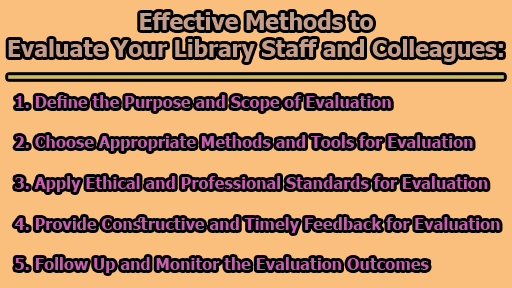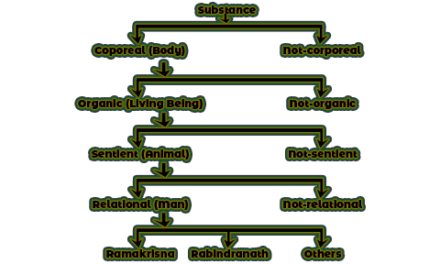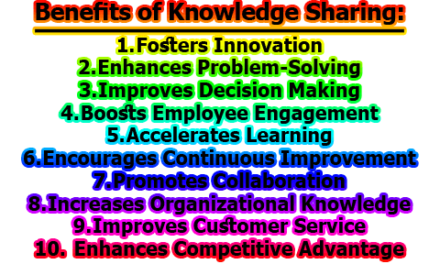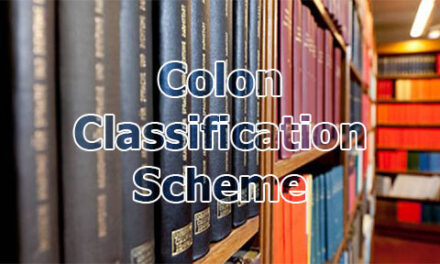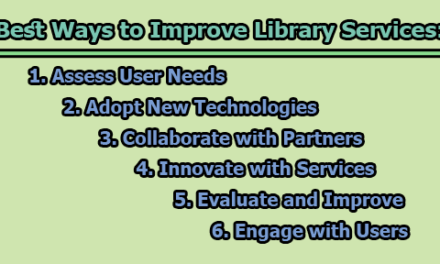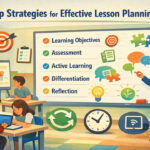Effective Methods to Evaluate Your Library Staff and Colleagues:
Evaluating library staff and colleagues is a vital process for ensuring the delivery of quality library services, professional development, and organizational improvement. However, this task can be challenging and sensitive, demanding careful planning, communication, and feedback. In this article, we will explore some effective methods to evaluate your library staff and colleagues based on best practices and standards in the field of library services.
1. Define the Purpose and Scope of Evaluation: Before embarking on the evaluation process, it is crucial to define the purpose and scope of your evaluation. Questions such as the goals, objectives, stakeholders, and potential audiences must be addressed. By clarifying these aspects, you can align your evaluation with your library’s mission, vision, and values, thereby avoiding confusion and conflicts between the evaluators and the evaluated.
2. Choose Appropriate Methods and Tools for Evaluation: When evaluating library staff and colleagues, selecting the right methods and tools for data collection and analysis is essential. Several methods can be employed, each offering a unique perspective:
- Performance Appraisal: This is a formal process involving the assessment of individual staff members based on predefined criteria. It provides a structured way to measure their performance against specific standards.
- Peer Observation: Collaborative and formative, this method involves colleagues observing and reflecting on each other’s work practices. It promotes mutual learning and development.
- Surveys: Surveys are a valuable method for collecting quantitative and qualitative feedback from library users, staff, or stakeholders on various aspects of library services.
- Focus Groups: This qualitative method involves engaging a small group of library users, staff, or stakeholders in a moderated discussion about specific topics or issues related to library services.
Each of these methods can provide valuable insights into the perceptions, opinions, and experiences of the participants, allowing for a comprehensive evaluation.
3. Apply Ethical and Professional Standards for Evaluation: Maintaining the validity, reliability, and credibility of the evaluation is of utmost importance. Adhering to ethical and professional standards is essential. This includes:
- Informing the staff and colleagues about the purpose, scope, methods, and outcomes of the evaluation, and obtaining their consent to participate.
- Protecting their privacy and anonymity, and handling data securely to ensure confidentiality.
- Treating all individuals with respect and dignity, avoiding any bias or discrimination.
- Being transparent about the evaluation process, results, and recommendations.
- Acknowledging their contributions and achievements while identifying their strengths and areas for improvement.
4. Provide Constructive and Timely Feedback for Evaluation: Delivering feedback is a critical and challenging aspect of the evaluation process. It should be a two-way communication based on specific, observable behaviors, actions, and outcomes, supported by evidence. Feedback must be:
- Positive and balanced, recognizing strengths and achievements as well as areas for improvement.
- Supportive and respectful, expressing appreciation and empathy.
- Realistic and actionable, suggesting attainable goals for improvement.
Constructive feedback creates an environment of growth and development for library staff and colleagues.
5. Follow Up and Monitor the Evaluation Outcomes: The final step of the evaluation process involves following up and monitoring the outcomes. This means ensuring that the evaluation results and recommendations are implemented, communicated, and evaluated. Key steps include:
- Developing and implementing action plans with clear and measurable objectives, timelines, responsibilities, and indicators of success.
- Communicating the progress and achievements of the action plans to the evaluated staff and colleagues, as well as other stakeholders.
- Evaluating the impact and effectiveness of the action plans on performance, development, satisfaction, quality, efficiency, and innovation through various methods such as surveys, interviews, observations, or tests.
In conclusion, evaluating library staff and colleagues is a multifaceted process that is essential for enhancing the quality of library services and fostering professional development. By following these effective methods and best practices, libraries can ensure a fair, ethical, and constructive evaluation process that leads to growth and improvement, benefiting both the staff and the communities they serve.

Library Lecturer at Nurul Amin Degree College

